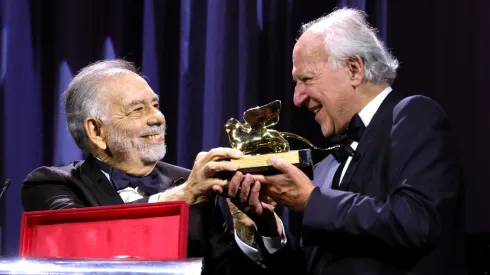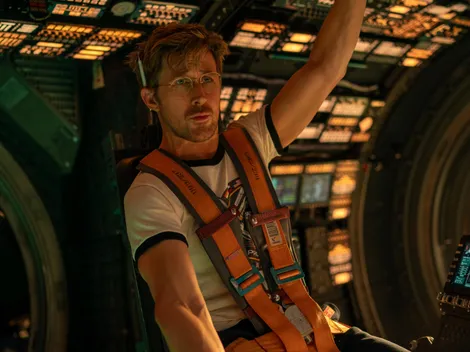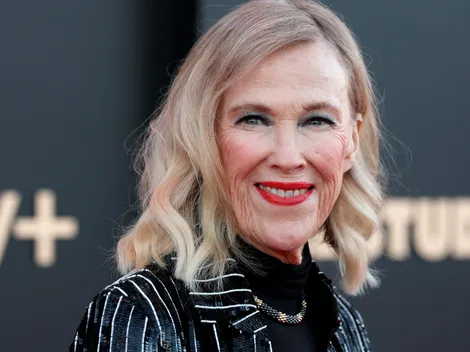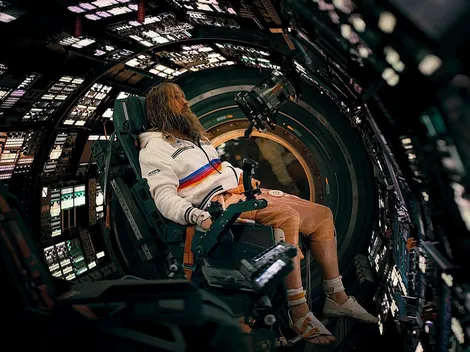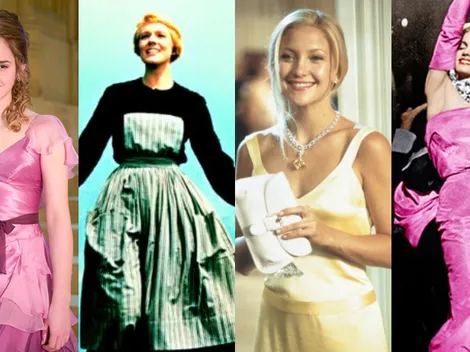At the 82nd Venice International Film Festival, Francis Ford Coppola stepped back into the spotlight to pay tribute to one of cinema’s most enigmatic figures. Presenting Werner Herzog with the Golden Lion for Lifetime Achievement, Coppola delivered a speech that celebrated Herzog’s extraordinary career, praising him as an “unlimited phenomenon working in every nook and corner in cinema.” The address marked Coppola’s first public appearance since a recent heart procedure in Rome and was recopiled by Variety.
In his remarks, Coppola emphasized the rare magnitude of Herzog’s talent, saying, “I come here to praise Werner Herzog, and it’s not enough to praise Werner Herzog. One must celebrate the fact that someone like he can actually exist.”
He highlighted the uniqueness of Herzog’s pictures, calling them “all unique and very different from one another and magnificent,” and concluded with a challenge to the film world: “Werner’s life and his very existence sends a challenge to everyone out there: Top me if you can.”
Werner Herzog: A Career Defined by Vision and Boldness
Werner Herzog’s career spans decades and continents, establishing him as one of the most daring and original voices in cinema. Emerging from the New German Cinema movement in the 1960s, Herzog quickly gained recognition for his uncompromising vision and willingness to tackle stories that blend human obsession with the raw forces of nature.

Source: Andreas Rentz/Getty Images
Early films like “Aguirre, the Wrath of God” and “Fitzcarraldo” showcased his fascination with characters driven to extremes, often confronting monumental challenges in breathtaking landscapes. These works not only cemented his reputation as a filmmaker willing to push both himself and his cast to the limits but also set a standard for cinematic ambition that few could match.
Herzog’s approach has always blurred the lines between fiction and documentary, giving his films a unique intensity and authenticity. He frequently casts non-professional actors, travels to remote and often dangerous locations, and embraces real-world unpredictability to capture the essence of his subjects.
This commitment to realism can be seen in documentaries such as “Grizzly Man” and “Encounters at the End of the World,” where Herzog’s curiosity and philosophical narration illuminate human behavior and natural phenomena alike. His work challenges audiences to think beyond conventional storytelling and explore deeper questions about existence, ambition, and mortality.
Collaboration has also been a significant part of Herzog’s career, both in front of and behind the camera. He has worked with actors like Klaus Kinski, Bruno S., and Isabelle Adjani, forging intense and sometimes volatile creative partnerships that have resulted in unforgettable performances.
Beyond his own films, Herzog has supported emerging filmmakers, mentored colleagues, and even nearly collaborated with Francis Ford Coppola on a project about the conquest of Mexico. These interactions reflect not only his generosity and openness as an artist but also his enduring influence across generations of filmmakers.
Throughout his prolific career, Herzog has consistently sought to explore the extremes of human experience and the natural world. Whether through epic narratives, intimate character studies, or daring documentaries, he has carved out a singular place in global cinema.
